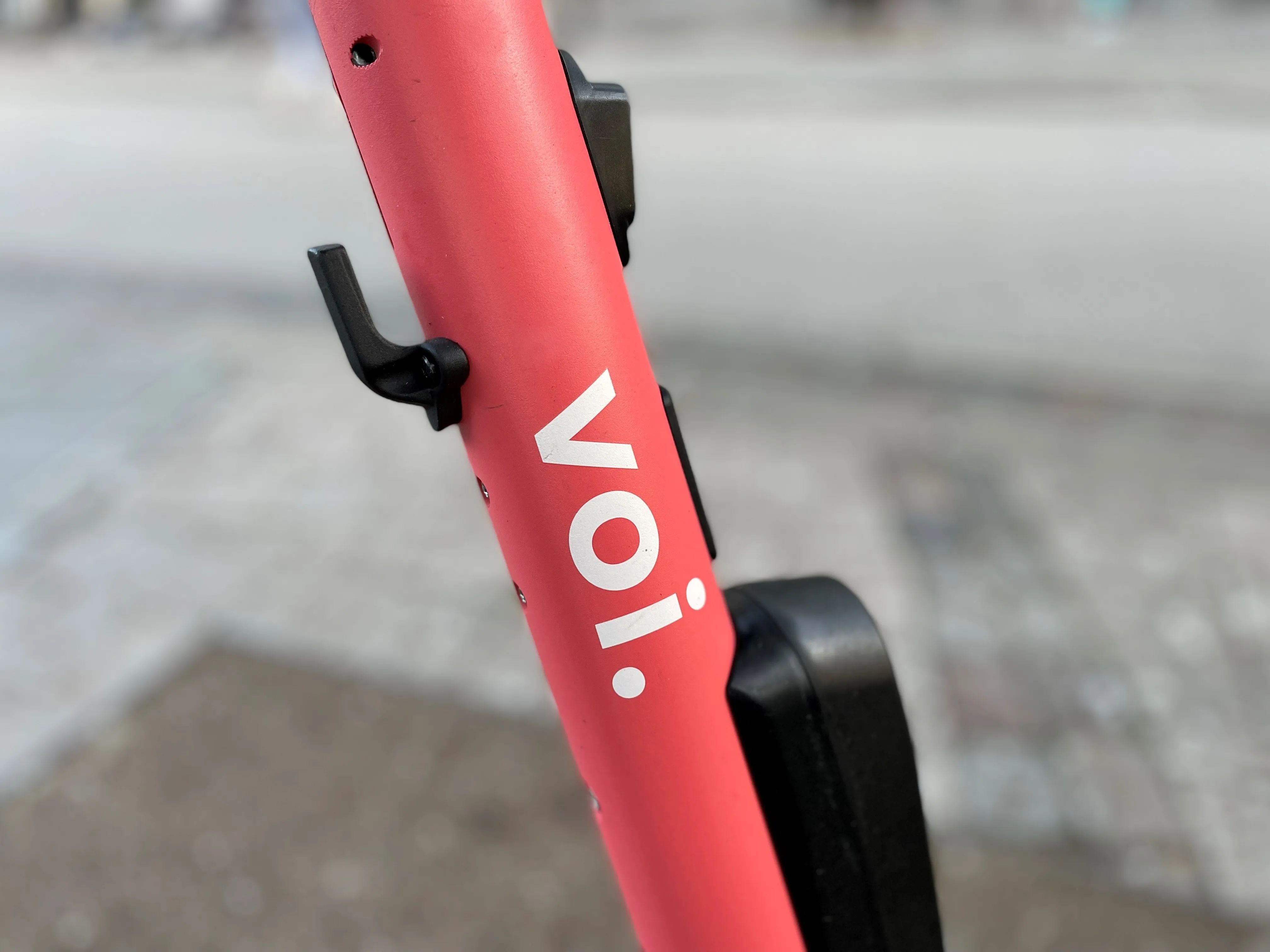European associations representing industry, research providers, academia, infrastructure, operators and users in the road, rail, air and waterborne transport sectors combine their voices to call for an appropriate budget share for transport research in the future Horizon 2020 Framework Programme for Research and Innovation. Transport is the backbone of the European economy, being fundamental to the four freedoms of the European Union, and underpins social interaction and development throughout the Member S
December 19, 2012
Read time: 2 mins
European associations representing industry, research providers, academia, infrastructure, operators and users in the road, rail, air and waterborne transport sectors combine their voices to call for an appropriate budget share for transport research in the future Horizon 2020 Framework Programme for Research and Innovation.
Transport is the backbone of the European economy, being fundamental to the four freedoms of the1816 European Union, and underpins social interaction and development throughout the Member States. Research in mobility and transport therefore represents a prerequisite for European progress as well as a key contributor to meeting future societal, environmental and economic challenges. European transport research bodies therefore regret the recent vote in the European Parliament’s Industry, Research and Energy Committee to reduce the budget share of Horizon 2020 dedicated to Smart, Green and Integrated Transport by approximately 20%.
They are calling on the European Parliament and the EU member states to aim for an agreement on Horizon 2020 which maintains the share of the Horizon 2020 budget for Transport at US$10.2 billion. At the same time we call on EU Member States to agree to maintain the1690 European Commission’s proposed budget for Horizon 2020 in the Multi-Annual Financial Framework – US$119.5 billion over seven years.
Transport is the backbone of the European economy, being fundamental to the four freedoms of the
They are calling on the European Parliament and the EU member states to aim for an agreement on Horizon 2020 which maintains the share of the Horizon 2020 budget for Transport at US$10.2 billion. At the same time we call on EU Member States to agree to maintain the









